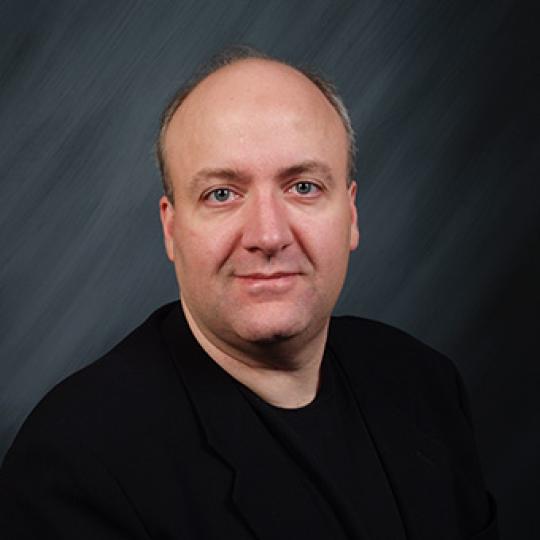About me
Dr. Bany is an Associate Professor in the Department of Physiology at SIU School of Medicine and is currently the department’s Graduate Program Director. He is also the Director of the Cardiovascular, Respiratory, Renal Unit of the year-one medical curriculum of the school. Dr. Bany is a member of The Society for the Study of Reproduction. He has served as an ad-hoc member on 10 National Institutes of Health Study Section meetings. He has also reviewed grants for funding bodies of other countries such as the Canadian Foundation for Innovation and the Australian National Health and Medical Research Council (NHMRC).
Research in the Bany lab is focused on the reproductive biology of the uterus during early pregnancy. The endometrium undergoes a series of changes that enable the placenta and conceptus to develop until the placenta starts functioning near the end of the first trimester. It is believed that if these series of changes are altered during early pregnancy that it can lead to clinically relevant gestational disorders later in pregnancy. Thus, it is important to understand the biology of implantation. We focus on the cellular and molecular biology mechanisms involved in implantation using in vivo approaches in rodents and using in vitro models using human endometrial fibroblasts.
One focus of the laboratory is the cellular and molecular mechanisms involved in a process of the trans-differentiation of human and mouse endometrial fibroblasts into epithelioid-like decidual cells. This process is called decidualization and occurs in the endometrium of rodents and humans. We study the roles of genes in this process using integrative approaches from next-gen transcriptome sequencing to map global expression changes during decidualization to the study of the role of individual genes alone. The overarching goal is to identify and characterize the roles of an individual or functionally similar genes in the process of decidualization and determine how the expression of these genes is controlled.
The second focus of our laboratory is the interactions between cell types found in the endometrium during decidualization in mice. We are interested in studying interactions between several cell types present in the endometrium during decidualization. This includes certain trophoblast cells of the conceptus and several maternal cell types (decidual, immune, endothelial). Understanding these interactions is critical to understanding the role of the endometrium in placenta development and the role of the conceptus on decidualization, vascular remodeling and maternal immune cell function.

